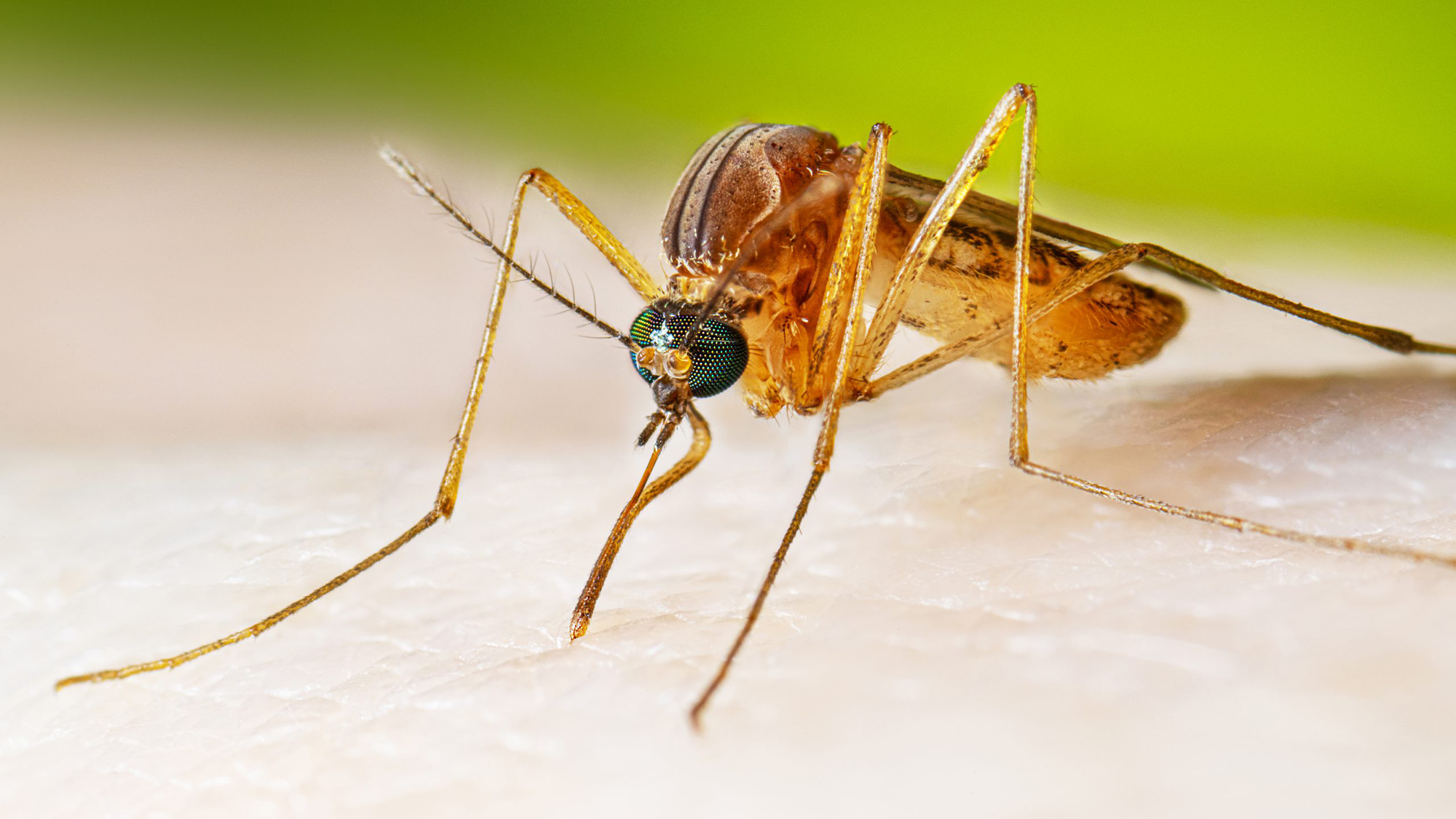

Following an unusually warm winter in a decent chunk of the Northern Hemisphere, this spring could bring more mosquito bites than there was frostbite. Colder temperatures typically kill off or slow down the reproduction of the blood sucking insects and warm temperatures have added almost 10 extra days to Washington DC’s mosquito season since the 1980s.
While increasingly longer summers and shorter and warmer winters could mean more mosquitoes in the future, some new research might help control increasing populations of the common pest. In a study published March 16 in the journal PLOS ONE, researchers find that it’s likely that the proteins that activate mosquito sperm can be shut down. This action would prevent the sperm from swimming to eggs and fertilizing them. This could help control populations of a species of common house mosquito that is known to transmit West Nile Virus and brain-swelling encephalitis called Culex.
[Related: Singapore’s new plan to fight mosquito-borne diseases: bug-infecting bacteria.]
The new paper details all of the proteins that are in the insect’s sperm, which helped researchers find the specific proteins that maintain the quality of the sperm while they’re inactive, as well as the ones that activate the sperm to swim.
“During mating, mosquitoes couple tail to tail, and the males transfer sperm into the female reproductive tract. It can be stored there awhile, but it still has to get from point A to point B to complete fertilization,” said study co-author Cathy Thaler, a cell biologist at the University of California, Riverside, in a statement.
The specialized proteins secreted during ejaculation activate the flagella (aka sperm tails) and power their movement are key to completing their journey into the female mosquito’s reproductive tract.
“Without these proteins, the sperm cannot penetrate the eggs. They’ll remain immotile, and will eventually just degrade,” co-author Richard Cardullo, a University of California, Riverside biology professor, said in a statement.
To get this very detailed information on proteins from a very small insect, the authors worked with a team of students who were able to isolate as many as 200 male mosquitoes from a larger population of bugs. Then, they extracted enough sperm from their reproductive tracts so that mass spectrometry equipment could not only detect the proteins, but identify them.
In previous studies, the team found that sperm need calcium to power their forward motion upon entering a reproductive tract. “Now we can look in the completed protein profile we’ve created, find the calcium channel proteins, and design experiments to target these channels,” said Cardullo.
[Related from PopSci+: Can a bold new plan to stop mosquitoes catch on?]
According to Thaler, profiling proteins offers a path towards controlling mosquito population in a way that is more environmentally friendly and less toxic than methods that use harmful pesticides that can kill other insects and plants and hurt animals—also known as biological control.
Biological control does not mean that mosquitoes would be eradicated as a species. Immobilizing the sperm would be 100 percent effective for the treated mosquitoes, but it is not possible or desirable for scientists to kill all mosquitoes. Using a method like this would instead alter the proportion of fertile to infertile males.
In 2022, scientists from the biotech firm Oxitec completed the first open-air study that released mosquitoes genetically modified to be male, non-biting, and only capable of producing male offspring in the Florida Keys. They found that when the modified mosquitoes matured to adulthood, their flight and exploration behavior matched the abilities of wild mosquitoes and that they successfully mated with native female mosquitoes. The females then laid eggs in traps that the team collected to watch them hatch in a lab. All of the eggs hatched were males. However, the gene that killed female eggs lasted for roughly three mosquito generations.
“Mosquitoes are the deadliest animals on Earth. But as much as people hate them, most ecologists would oppose a plan to completely eradicate them. They play an important role in the food chain for fish and other animals,” Cardullo said.
While this study just looked at Culex, the team is hopeful that this information would apply to some of the more than 3,000 species of mosquitoes. As the planet continues to warm and climate change intensifies, more species of mosquitoes are moving into the Northern Hemisphere, including those that carry malaria.
Learning more about Culex sperm motility could also have implications for improving fertility in humans. Many cells have flagella, and according to Cardullo, what we can learn about one body system may translate to other species.
